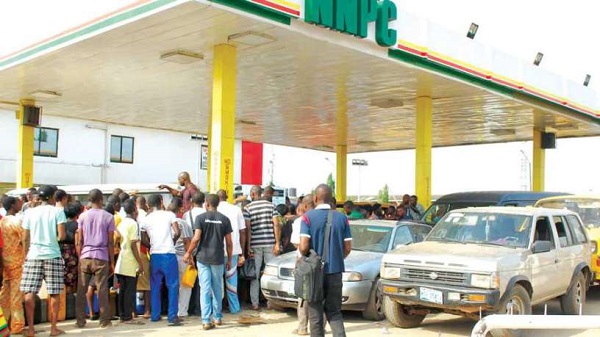The Bloggers and Vloggers, Content Creators Association of Nigeria (BAVCCA) has said it is shocking that Nigeria, a major crude oil-producing nation, finds itself in significant debt, particularly with the Nigerian National Petroleum Company Limited (NNPCL) reportedly owing over $6 billion to global suppliers.
BAVCCA in a press conference in Abuja … said it is alarmed by the continuous rise in fuel prices and the worsening economic situation across the country, noting that this current crisis is a direct result of the failure of those entrusted with managing Nigeria’s economy.
The group noted that there must be a clear and transparent explanation of how Nigeria’s oil revenues have been managed, adding that the current state of affairs suggests that funds have been misused or misallocated, and those responsible must be held accountable.
“While we commend President Bola Ahmed Tinubu for his genuine and consistent efforts to lead Nigeria to greatness, it is evident that his economic handlers are failing to support his vision. The inability to effectively manage the country’s resources and finances is crippling the economy and placing an unbearable burden on Nigerians,” the statement noted.
The group noted those responsible for the reckless mismanagement of Nigeria’s resources and economy should be held accountable.
“We demand that those who have mismanaged NNPCL’s finances and plunged the nation into debt be thoroughly investigated and penalized for their actions.
“In addition, the policy of floating the Naira, which was expected to stabilize the currency and bring economic relief, has instead caused further depreciation of the Naira, leading to inflation and skyrocketing costs for essential goods and services. The growing disparity between the official exchange rate and the black market is a testament to the poor management of the economy by the President’s economic team.
“The President must reconsider the composition of his economic management team. Nigeria needs capable, forward-thinking professionals who can implement sound policies to stabilize the Naira, reduce inflation, and restore public confidence in the economy.”

